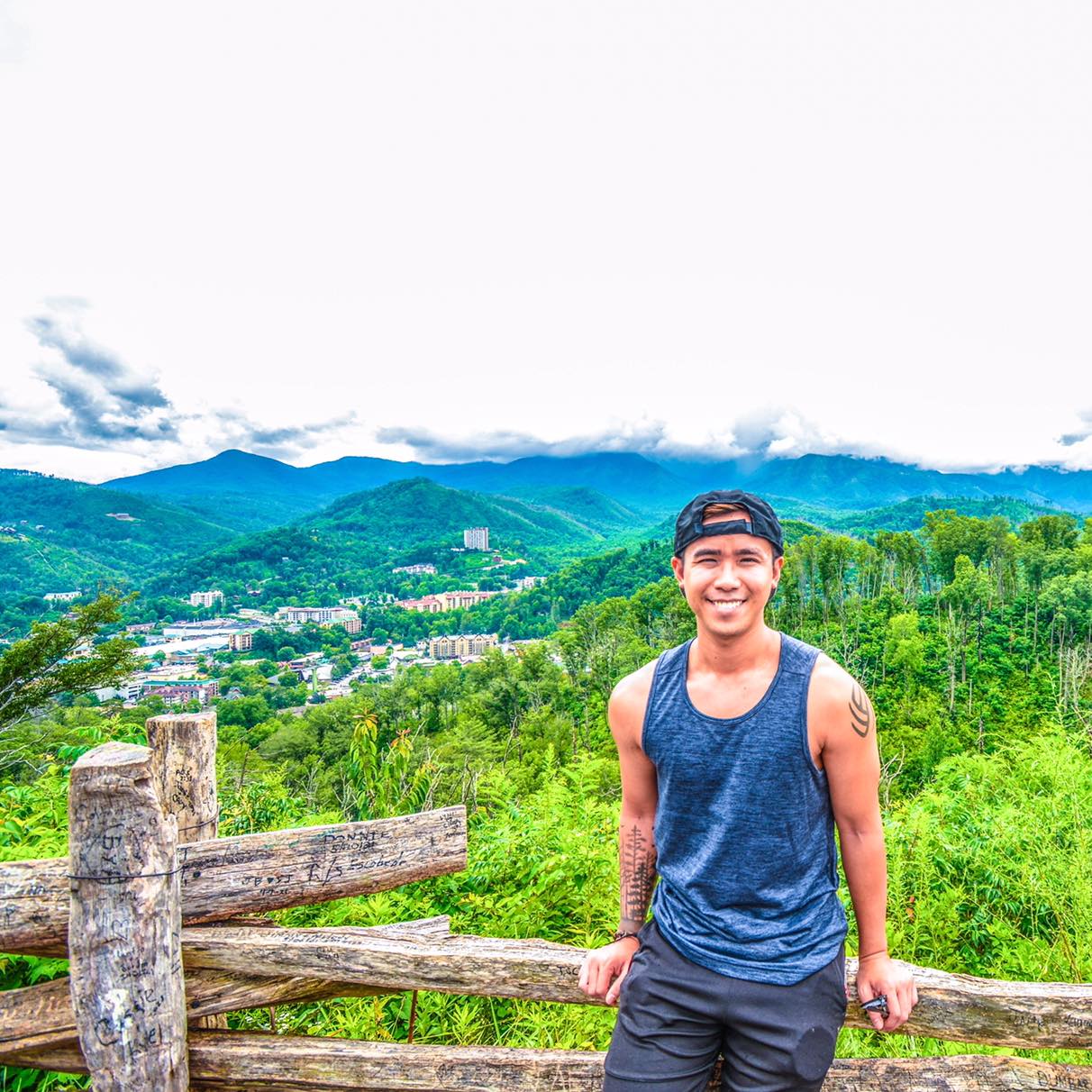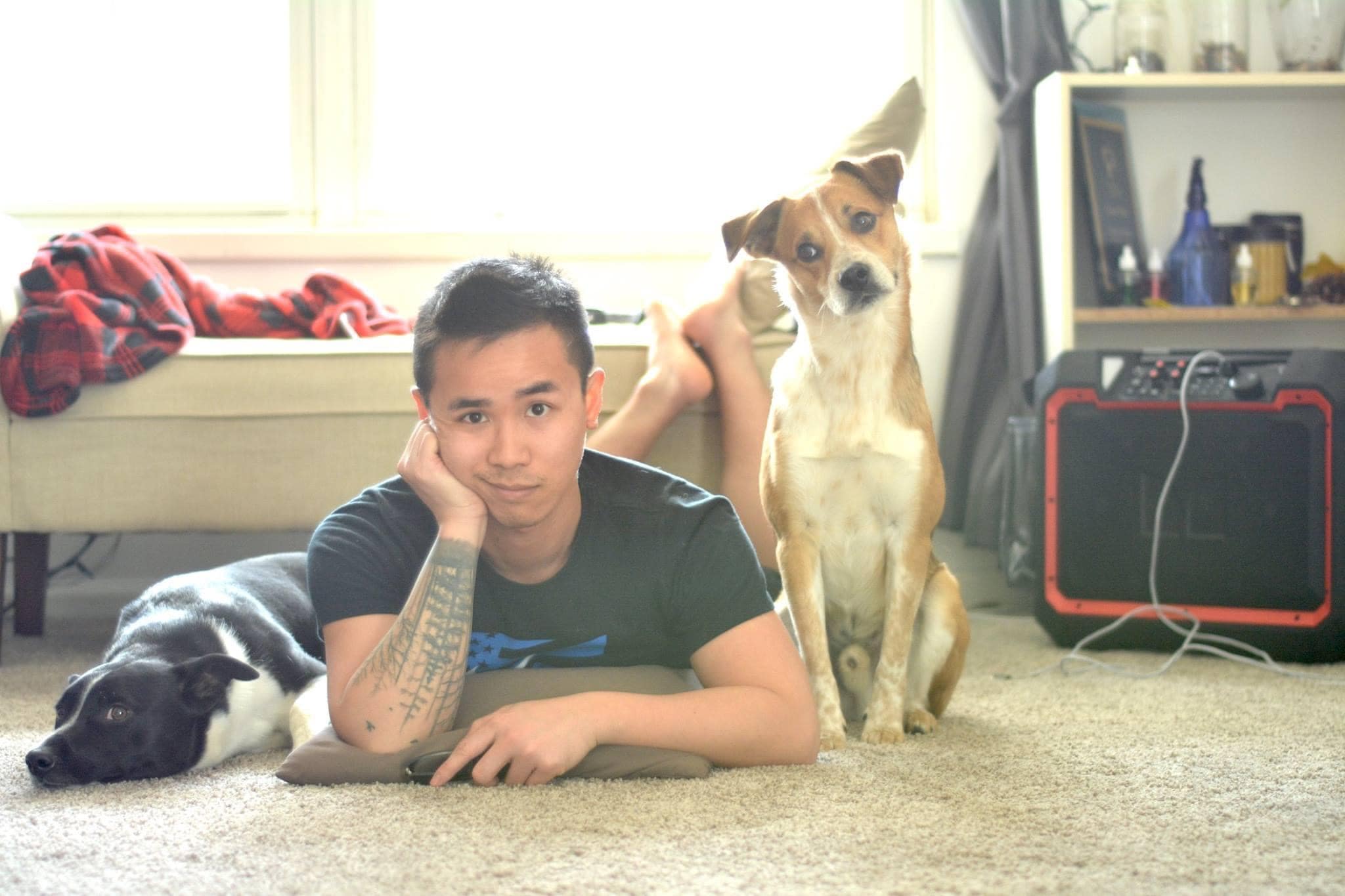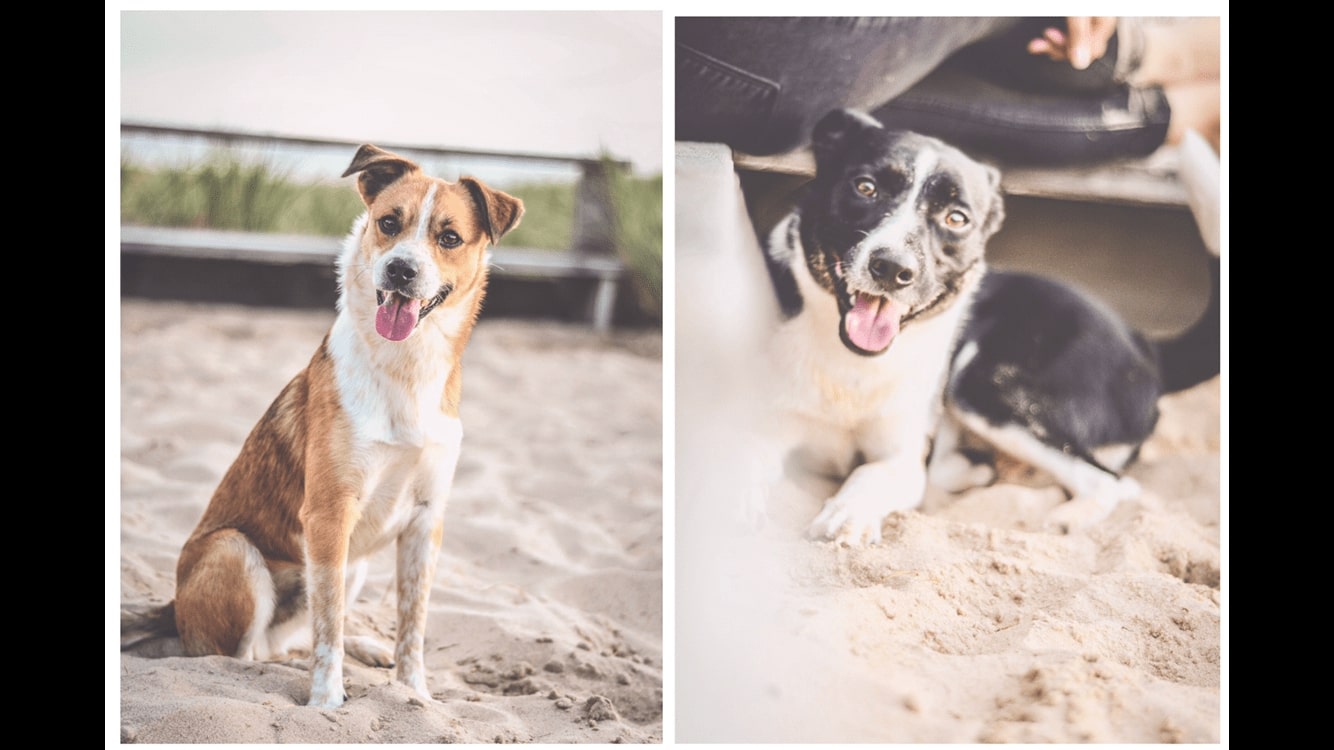-min.jpg?width=785&height=523&name=GettyImages-612619528%20(1)-min.jpg) You’ve seen “Shrek,” right? You know the scene in the movie where Donkey sings, “I’m all alone. There’s no one here beside me! My problems have all come, there’s no one to deride meeeeeeeeeeee!”? I don’t know about you, but that’s the first thing that comes to mind when I think of being a solo traveler.
You’ve seen “Shrek,” right? You know the scene in the movie where Donkey sings, “I’m all alone. There’s no one here beside me! My problems have all come, there’s no one to deride meeeeeeeeeeee!”? I don’t know about you, but that’s the first thing that comes to mind when I think of being a solo traveler.
Tips From A Pro Solo Medical Traveler
In reality, being a solo med traveler isn’t at all like being Donkey, and just to be sure, we sent a few questions to our MVP solo traveler, Sy Tran—but that comes later. For now, strap in for some unrevealed truths on traveling solo (dun dun dun).
The math shows lonely does not equal alone
Hey, Alexa—play “Show Me the Meaning of Being Lonely” by the Backstreet Boys. What a mood, right?
If you’re a human—that is, not a robot, alien, or member of the X-Men team—you’ve more than likely experienced loneliness, and it sucks. Feeling lonely leaves you emotionally, mentally, and sometimes physically drained, and even worse, tricks your brain into thinking you’re unwanted and alone.
Pssst, hi! Sorry to interrupt your reading, but it’s your neighborhood friend here to remind you that you’re a heckin’ medical badass and as my mom says, “Anything is possible if you try hard and believe in yourself!” Thanks, mom! Okay, carry on.
It’s possible to feel lonely when surrounded by a large group of people because loneliness is an emotional state where you believe you’re unsupported or unworthy of friends/loved ones. On the flip side, being physically alone can create the emotional effect of loneliness, and that’s not a great feeling either. In short, feeling lonely doesn’t equal being alone, and vice versa—that’s just the math of it.
To be a successful solo traveler, it’s helpful to enjoy your own company, and there are plenty of health benefits to being alone:
- Enhanced concentration and memory
- Boosted creativity
- Improved relationships
- Increased productivity
- Heightened empathy
Not only is it healthy to have some quality alone time, but it also offers the perfect opportunity to meet new people and make friends. I mean, who doesn’t love expanding their support system? If you’re one of the 15 million Americans with social anxiety or if randomly introducing yourself to a total stranger isn’t your vibe, here are some helpful ideas to get your gears turning on what feels right to you when it comes to meeting new folk:
- Connect with coworkers outside of the “office” after your shift
- Find your people through social media platforms (we even have a few suggestions!)
- Get active in organizations and community groups local to your travel assignment location
- Explore your destination! Don’t miss out on beautiful sights and one-in-a-lifetime adventures
At some point on your solo travel escapade, you’ll probably feel lonely—we all do, even those of us who aren’t med travelers (dat me!), so remind yourself that you’re not alone. In fact, have you ever thought of using your feelings of loneliness to relate with someone else who may be feeling a similar way? I’m no Dr. Phil, but I think I’m onto something there…
You are almighty and powerful, but you already knew that
We don’t need to tell you that leaping into the unknown on your own is wildly brave. When you become a professional solo med traveler, you have a unique opportunity most people don’t get—a chance to get to know yourself outside of your comfort zone. You realize you’re almighty and powerful (like the Wizard of Oz) because you’re in the hot seat to figure sh*t out. And isn’t it satisfying to create your own solutions?
Not only are you your own best friend as a solo traveler, you’re also your own personal planner. You have the freedom to choose which cities/states you travel to, decide when you want to work, and control how you spend your time off the clock without the stress of anyone else’s opinion. Want to take a travel job in Las Vegas? Don’t forget your walking shoes—you won’t want to miss The Strip. Has the Statue of Liberty always been on your bucket list? Well, what are you waiting for? Pack your “I [heart] NYC” tee.
Sure, the decision to travel on your own is a big one, but it’s not as terrifying as we assume. When you’ve reached your final conclusion, be sure your choice support and reflects your personal and professional goals, dreams, and desires.
Q&A with pro solo traveler, Sy Tran, MLT Generalist
 As promised, learn about the professional solo medical travel from a true expert, traveling MLT, Sy Tran. Self-described as the “typical straight A’s Asian kid,” Sy has been an MLT for five years and a pro solo traveler for just over one year.
As promised, learn about the professional solo medical travel from a true expert, traveling MLT, Sy Tran. Self-described as the “typical straight A’s Asian kid,” Sy has been an MLT for five years and a pro solo traveler for just over one year.
Megan Bebout: Why did you decide to travel solo?
Sy Tran: My journey began a year ago in July 2020. It was the worst time to start because of COVID-19—I was actually supposed to have started in April, but my first contract was cancelled.
Traveling has always fascinated me, and I’ve heard about travel nurses and their adventures. Also, there were come complications with my previous relationship that made me decide to travel, but I won’t bore you with the drama!
I’d planned to travel with a nurse friend, but she decided to wait it out longer due to the pandemic so here I am!
MB: Where do you stay when you’re traveling?
ST: For my first assignment, I stayed at an extended stay hotel for six months. It was nice not having to worry about vacuuming or cleaning my bathroom. In my second assignment, I did the same for the first three months, then moved in with a coworker and was able to cut my rent by $400 a month. (Snaps for Sy!)
MB: What’s your preferred method of transportation between jobs?
ST: I prefer to drive myself. Mainly for freedom and also for my two dogs. Plus, driving allows me to stop and explore places.


MB: How do you pack for an assignment?
ST: When it comes to packing, I’d consider things like the weather of the location. For example, I didn’t have to worry about packing winter coats or boots when going to South Carolina. I drive a Subaru SUV, so I have a good amount of space, but I usually have one duffle bag, one suitcase, one backpack, my dogs’ crates and things, and a few boxes. I’m planning on cutting down to lighten the load.
MB: What items can you not live without away from home?
ST: My laptop! I use it to check emails and work on my blog. I also have some games on my laptop that I play once in a while.
And my kindle. I still have a membership at my hometown library and like to read when I get a chance. Right now, I’m reading “Influence: The Psychology of Persuasion,” by Dr. Robert Cialdini.
MB: What’s your favorite thing about being a solo traveler?
ST: I like being able to do things on my own schedule. Basically, whatever I want, whenever I want, without having to wait on anyone else.
MB: What are some pros of solo travel?
ST: I only have to pack for myself and my dogs! Plus, I only have to cook for myself and I don’t have to worry about spending a lot of time deciding where to eat.
MB: How about cons?
ST: Loading stuff onto my car by myself can be time-consuming and another con is not knowing anyone else on my journeys.
MB: What have you discovered about yourself since you started traveling?
ST: I enjoy learning new things when it comes to my work, so this lifestyle is good for me because I get the opportunity to learn new low-income subsidies (LIS), hospital protocols, and medical instruments wherever I go.
MB: What’s the biggest thing you’ve learned since starting your travel lifestyle?
ST: Travel taxes are a thing. There’s a list of requirements for a traveler—things like being back at home for at least 30 days a year or not having multiple mailing addresses.
MB: What’s an average day on assignment look like for you?
ST: For the past year, I’ve been working at level one trauma hospitals in the blood bank. An average day can range from constantly busy to over-the-top crazy busy. You can have a few organ transplants going on that day, along with some trauma cases. Not to mention all the routine-type and screen sample tasks.
MB: How do you stay busy on your days off?
ST: In a few ways! First is volleyball. One of the first things I do at a new location is search on Facebook for volleyball groups. Having played in college, I’m a huge volleyball enthusiast and always looking to play. Just from this past year of traveling, I’ve met so many people through the sport and made a good number of friends.
Another is the gym. Not only does it help keep me in shape for volleyball, it also helps with good posture for work and my general physical health.
Coworkers also help. I like to connect with coworkers that I click with and hang out with them outside of work. In the past, we’ve gone out to bars, played board games, watched scary movies, and had dinners.
Obviously, explore with my dogs. I drive to a nearby city or dog park for my dogs. I like going to the dog park as much as my dogs do!
Lastly, dates. Dating is a great way to not only meet new people, but also try new restaurants or have someone show me around the city. (Ooh la la!)
MB: How do you maintain social relationships while away from home?
ST: Social media is a great way to keep in touch with people I’ve met. Some of my coworkers also follow my blog to keep posted on where I’m going.
MB: What keeps you motivated while away from home?
ST: Learning new things, helping short-staffed labs, travel experiences, and making new connections.
MB: How has Fusion impacted your med travel career?
ST: Fusion has helped me with my journey since day one. Everyone from my recruiter to the compliance people have been very responsive and professional. They are also willing to work with me in order to reach compromises so that both sides are happy.
MB: What advice do you have for others considering a solo travel life?
ST: There’s a lot to learn as a traveler and you won’t be able to do it all in one day—it’s a learning process.
First, familiarize yourself with travel taxes. I recommend using the Traveler Tax website for guidance. It’s not all about the money and your needs. You’re going to an assignment to help a short-staffed facility.
With that said, don’t let people take advantage of you, and watch out for yourself. It’s about finding that balance with compromises and knowing your boundaries.
Lastly, don’t be afraid to put yourself out there and meet new people. The world isn’t as scary as the media portrays it. There are plenty of wonderful human beings out there if you put in the effort to get to know them. The saying goes, “You make the most friends when you’re by yourself.”
You heard it here first—becoming a solo traveling medical professional isn’t as daunting as our imaginations tell us. At the end of the day, there is no right or wrong choice between traveling on your own or with friends, colleagues, and other loved ones. The only thing that matters is that your travel situation works for you as a med worker.





